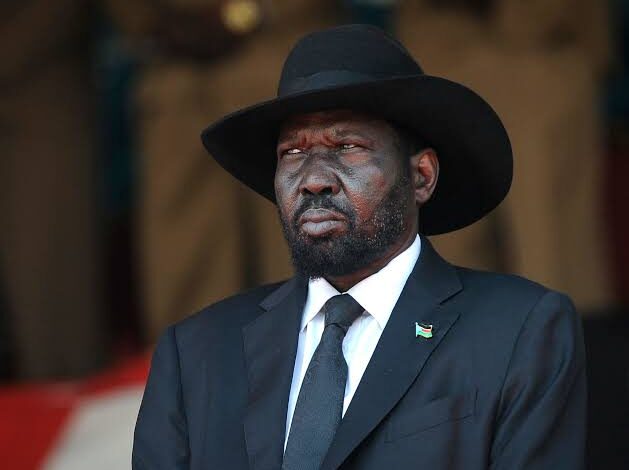
Faith Nyasuguta
In a bold assertion of economic independence, Mali has moved to take control of one of its largest gold assets, the Loulo-Gounkoto complex, currently operated by Canadian mining giant Barrick Gold. A Malian court recently ordered the mine placed under provisional state administration for six months, deepening tensions between the military-led transitional government and the multinational over alleged unpaid taxes and imbalanced contracts.
The court ruling named former Malian Minister of Health and seasoned accountant Zoumana Makadji as provisional administrator, effectively giving the Malian state operational control of one of Africa’s most lucrative gold sites. This decisive action is seen as part of Mali’s growing resolve to ensure that its vast mineral wealth benefits its citizens, not just foreign investors.
Authorities in Bamako accuse Barrick of underpaying taxes and profiting from exploitative contracts signed under previous governments. These claims follow a $370 million settlement offer made by Barrick in December, which Mali reportedly declined. The company, which has operated in Mali for over 25 years, is now seeking international arbitration through the International Centre for Settlement of Investment Disputes (ICSID). Meanwhile, the government has detained several Barrick employees and briefly halted gold exports – moves that showcase its hardening stance.

But this is more than a contract dispute – it’s part of a broader effort to decolonize Mali’s economy and rewrite the rules of engagement with foreign corporations. Since the military-led government took power in 2020, it has launched sweeping reforms, including a new mining code that increases government stakes in projects from 20% to 35% and boosts tax and royalty rates.
Mali is also constructing a new gold refinery outside Bamako, aimed at processing 200 tonnes of gold per year. This refinery, backed by Russian and Swiss investors, is expected to reduce the country’s reliance on exporting raw minerals and help curb widespread smuggling.
The Loulo-Gounkoto complex contributes significantly to Mali’s economy, with gold exports accounting for over 70% of the country’s foreign earnings. Yet, the benefits have largely bypassed ordinary Malians. By asserting control, Mali aims to redirect these gains toward national development, job creation, and infrastructure.

Mali’s push for sovereignty echoes across the Sahel. In neighboring Burkina Faso and Niger, governments are also revisiting mining contracts and asserting control over natural resources. The three countries recently formed the Alliance of Sahel States, signaling a collective departure from dependency on Western influence and a new era of regional solidarity.
Barrick, for its part, has criticized the detentions and insisted it remains open to dialogue. But Mali’s message is clear: the era of extractive imbalance is ending. Going forward, foreign investment is still welcome, but only on terms that uphold Malian dignity, benefit its people, and reflect a new vision for African self-reliance.
By reclaiming control over its gold, Mali isn’t just rewriting a contract, it’s reclaiming its future.
RELATED:








